Search
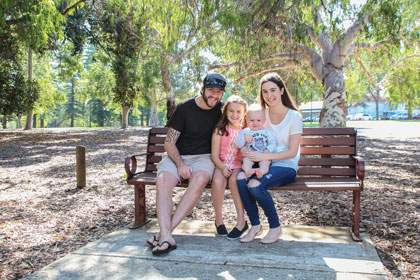
News & Events
Cheeky Jackson heads home after 7.5 month nightmareMichelle Pianta knew deep down something was very wrong with her seven-and-a-half month old son Jackson as she waited at Bunbury Hospital for his blood results.
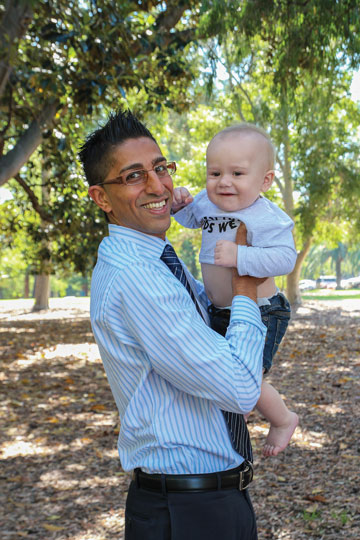
News & Events
Drug find could represent big win for our little patientsDr Rishi Kotecha knows too well the devastation of a leukaemia diagnosis in a child, treating children as a consultant at Princess Margaret Hospital.

News & Events
New policy provides much needed focus on overlooked youthThe need for a WA Youth Health Policy has been evident for years. Now, with The Kids Research Institute Australia helping to drive the project, it is coming to fruition.
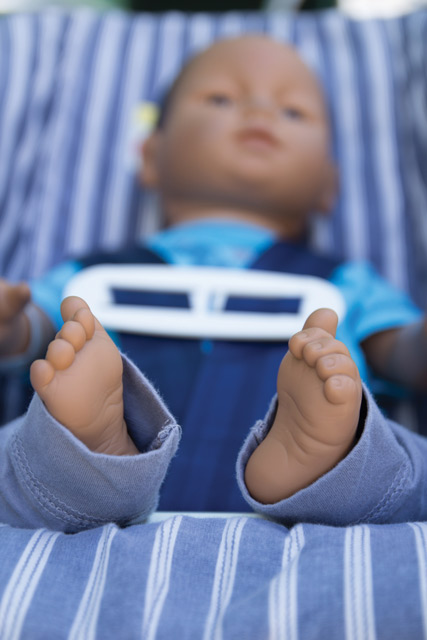
News & Events
Robot babies increase teen pregnancy ratesThese infant simulators are given to high school students to take care of as part of a teen pregnancy prevention program known as Virtual Infant Parenting.

News & Events
Project helps Ethan belongEthan recently took part in Belong, a study led by The Kids which aims to ensure deaf and hard of hearing kids have a happy & positive school experience

News & Events
Event: An Evening With Cystic Fibrosis ScientistsJoin us for an annual research update from WA cystic fibrosis researchers.Find out the latest research findings in Cystic Fibrosis.

News & Events
8 tips to raise happy kidsAll parents want their children to be happy. But in our rapidly changing modern world what does that actually mean? Prof. Stephen Zubrick provides his top tips.

News & Events
1 in 3 young people in detention has alcohol related brain damageAbout a third of young people in youth detention in Western Australia have Fetal Alcohol Spectrum Disorder (FASD), data has found.
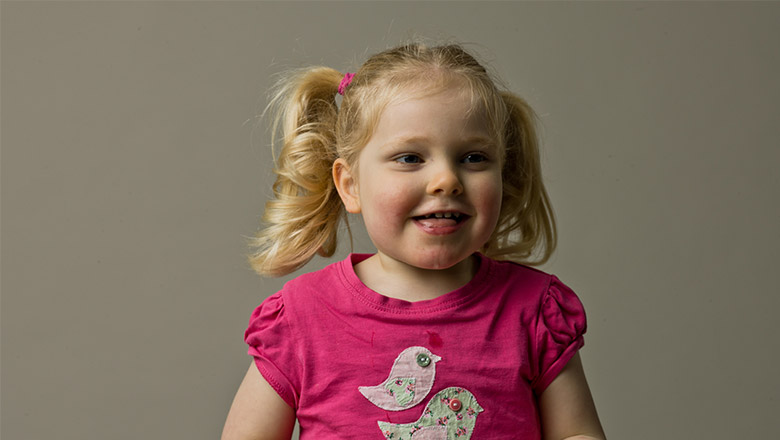
News & Events
Video: One brave little girl's battle with Rett syndromeImagine your baby is developing normally, then suddenly she starts losing skills. Watch Marlee's story below and find out what researchers are doing.
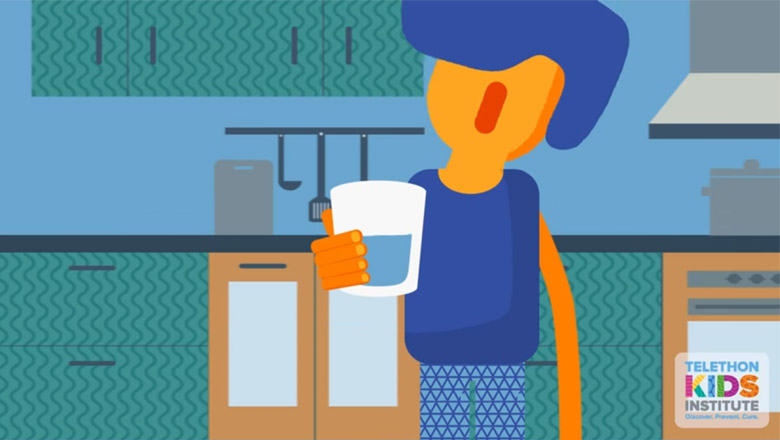
News & Events
Video: Why you're wasting your money on bottled waterThe Kids Research Institute Australia nutritionist Dr Roslyn Giglia says Australians are spending over $500 million a year on bottled water, when tap water is healthier.
